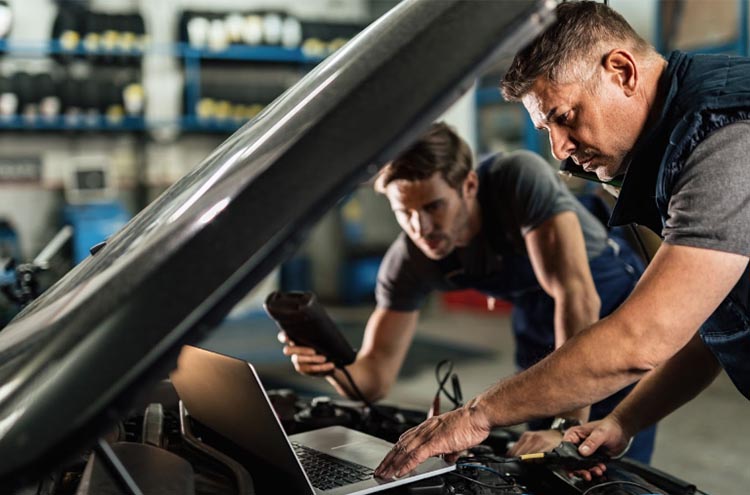Troubleshooting Common Car Issues

Picture this: You're cruising down the highway, enjoying the breeze, and suddenly, your car starts making strange noises or behaves oddly. Car troubles can be frustrating, but fear not! In this blog, we're going to share five expert tips for troubleshooting common car issues.
Whether you're a seasoned driver or a novice, these tips will help you diagnose and potentially fix minor problems before they become major headaches. Plus, if you ever need replacement parts in a hurry, we'll discuss how car parts same-day delivery from your local auto parts store can save the day.
5 Proven Tips for Troubleshooting Common Car Issues
The following tips will help you troubleshoot common car issues:
Tip #1: Listen Carefully
One of the first things you should do when your car acts up is to pay attention to the sounds it's making. Odd noises like squeaks, squeals, rattles, or thuds can provide valuable clues about what might be wrong. For instance, a squealing noise from under the hood might indicate a serpentine belt issue. If you hear a clicking sound when turning, it could be related to your CV joints. Listening attentively can help you pinpoint the problem area and make informed decisions about repairs.
Tip #2: Check Warning Lights
Modern cars come equipped with an array of warning lights on the dashboard. When a warning light illuminates, it's your car's way of telling you something needs attention. Frequently observed warning indicators encompass the check engine light, the oil pressure warning light, and the battery warning light. Don't ignore them! Use a diagnostic tool or visit an
auto parts store to get your car's trouble codes read.
Tip #3: Inspect Fluid Levels
The smooth operation of your vehicle heavily relies on the proper functioning of automotive fluids. Regularly check your engine oil, transmission fluid, brake fluid, and coolant levels. Low fluid levels can lead to engine damage or brake failure. If you find any fluids are running low, top them up immediately.
Tip #4: Battery and Electrical System
Issues with your car's battery and electrical system can manifest in various ways, from a car that won't start to flickering headlights. Ensure your battery terminals are clean and free from corrosion. A voltmeter can help you check the battery's voltage, and if it's too low, it may need replacement. If you're not comfortable handling electrical issues, don't hesitate to seek professional help from your local auto repair shop.
Tip #5: Tire Inspection
Your car's tires are its only contact with the road, so it's crucial to keep them in good condition. Check the tire pressure regularly, and ensure it matches the recommended levels in your owner's manual. Inspect the tread for wear and tear, as bald tires can affect your vehicle's handling and safety. If you notice uneven wear, it may be time for a wheel alignment. Remember, your auto parts store can assist you in finding the right tires and accessories, and they often offer
car parts with same-day delivery.
In conclusion, troubleshooting common car issues can be a manageable task when you follow these expert tips. With these tips and reliable resources at your disposal, you can keep your car running smoothly and confidently handle minor issues that may arise on the road.
Return to Blog